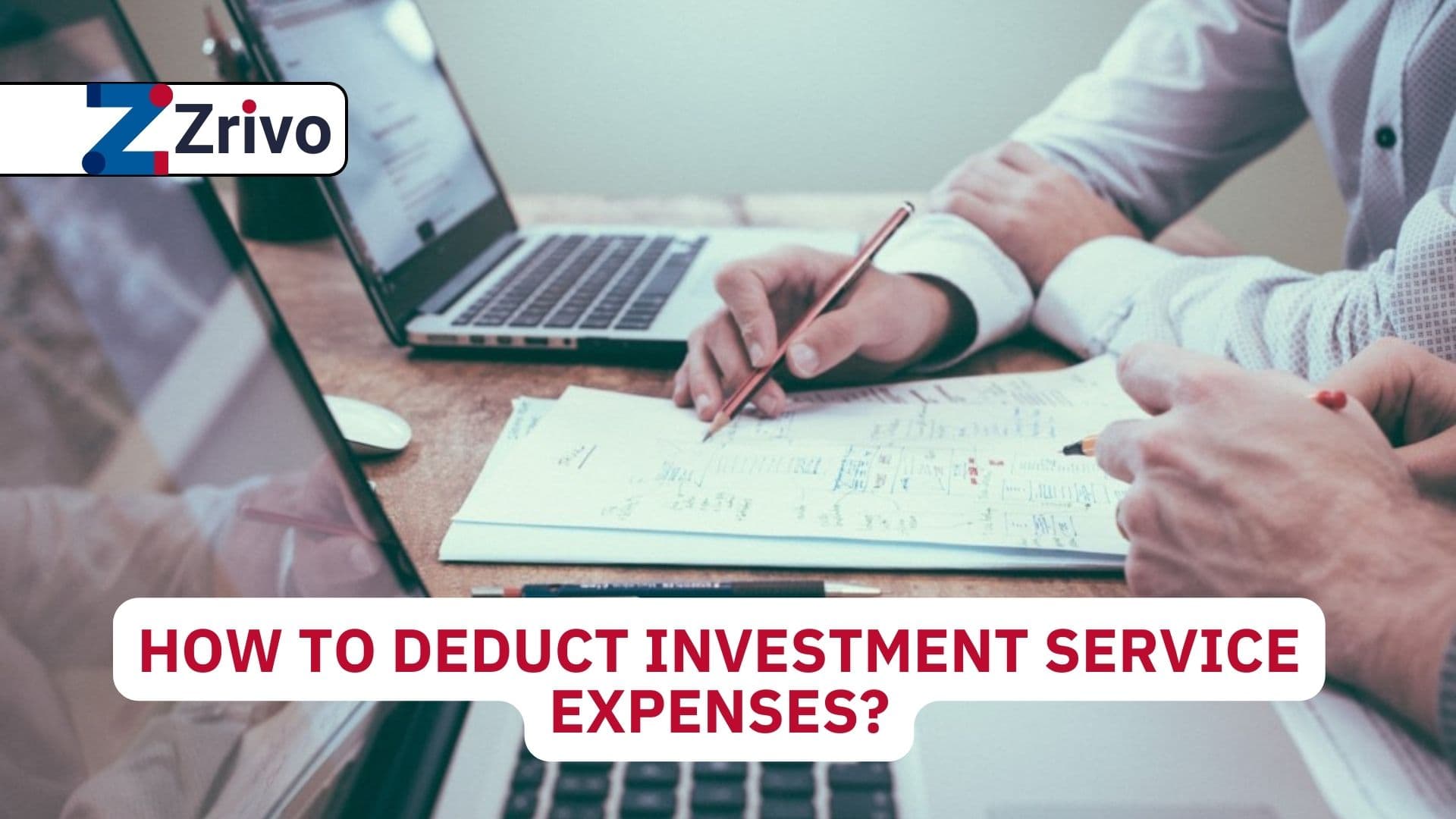
When it comes to managing your finances, knowing how to deduct investment service expenses can be a game-changer for your tax strategy. Investment-related fees, such as advisory charges, account management costs, and even certain legal or accounting services tied to your portfolio, can often be deducted under specific circumstances. By understanding the rules set by the IRS and keeping meticulous records, investors can offset some of these costs, reducing their taxable income and ultimately saving money. Whether you’re paying for financial planning, portfolio management, or other professional services to grow your wealth, this guide will help you navigate the process of claiming deductions while staying compliant with tax regulations.
What Are Investment Service Expenses?
Investment service expenses are costs incurred for managing or maintaining your investments. These may include:
- Financial advisor fees
- Brokerage account maintenance fees
- Legal or accounting services specifically related to investments
- Online trading platform costs
- Subscriptions to financial publications or investment research tools
However, not all investment-related expenses are deductible. It’s essential to differentiate between personal expenses and those directly tied to generating taxable income.

Are Investment Service Expenses Deductible?
Under current U.S. tax law (as of 2023), many investment service expenses that were previously deductible as miscellaneous itemized deductions are no longer eligible due to changes introduced by the Tax Cuts and Jobs Act (TCJA) in 2017. However, there are exceptions:
- Expenses incurred in managing rental properties or other income-generating assets may still be deductible.
- If you’re self-employed and investing for business purposes, some costs may qualify as business expense deductions.
How to Claim Deductions for Eligible Expenses?
- Determine Eligibility: Confirm whether the expense is directly tied to taxable income generation (e.g., rental property management).
- Keep Detailed Records: Maintain receipts, invoices, and statements for all relevant expenses.
- Use the Correct Tax Forms: For eligible deductions related to rental properties or business activities, use forms like Schedule E (Supplemental Income and Loss) or Schedule C (Profit or Loss from Business).
- Consult a Tax Professional: Tax laws can be complex and vary based on individual circumstances. A professional can help ensure you’re claiming all eligible deductions correctly.
Tips for Maximizing Tax Savings
- Bundle Services: Opt for financial advisors who offer comprehensive packages that include tax planning advice alongside investment management.
- Track Costs Year-Round: Use apps or software to log expenses as they occur rather than scrambling at tax time.
- Stay Updated on Tax Laws: Changes in legislation could make certain expenses deductible again in the future.
Common Mistakes to Avoid
- Claiming personal expenses (e.g., fees for managing a personal retirement account like an IRA) as deductions when they don’t qualify.
- Failing to document expenses adequately—no receipts, no deduction!
- Misinterpreting IRS rules regarding what constitutes “income-generating” activities.

FAQs
Are brokerage fees tax-deductible?
No, brokerage fees are not currently deductible under U.S. tax law for individual investors.
Can I deduct financial advisor fees?
Only if the fees are directly tied to managing income-generating assets like rental properties; otherwise, they are not deductible under current tax laws.
Expenses related to managing rental properties or self-employed business investments may still qualify for deductions.